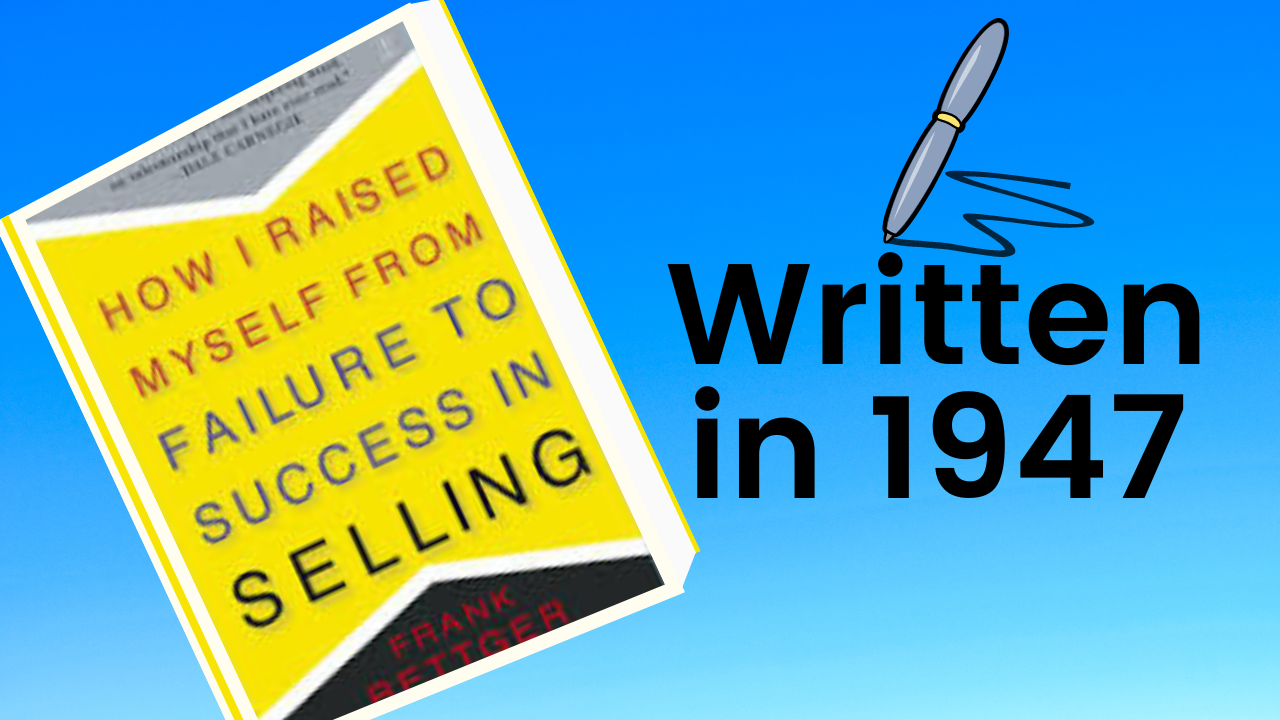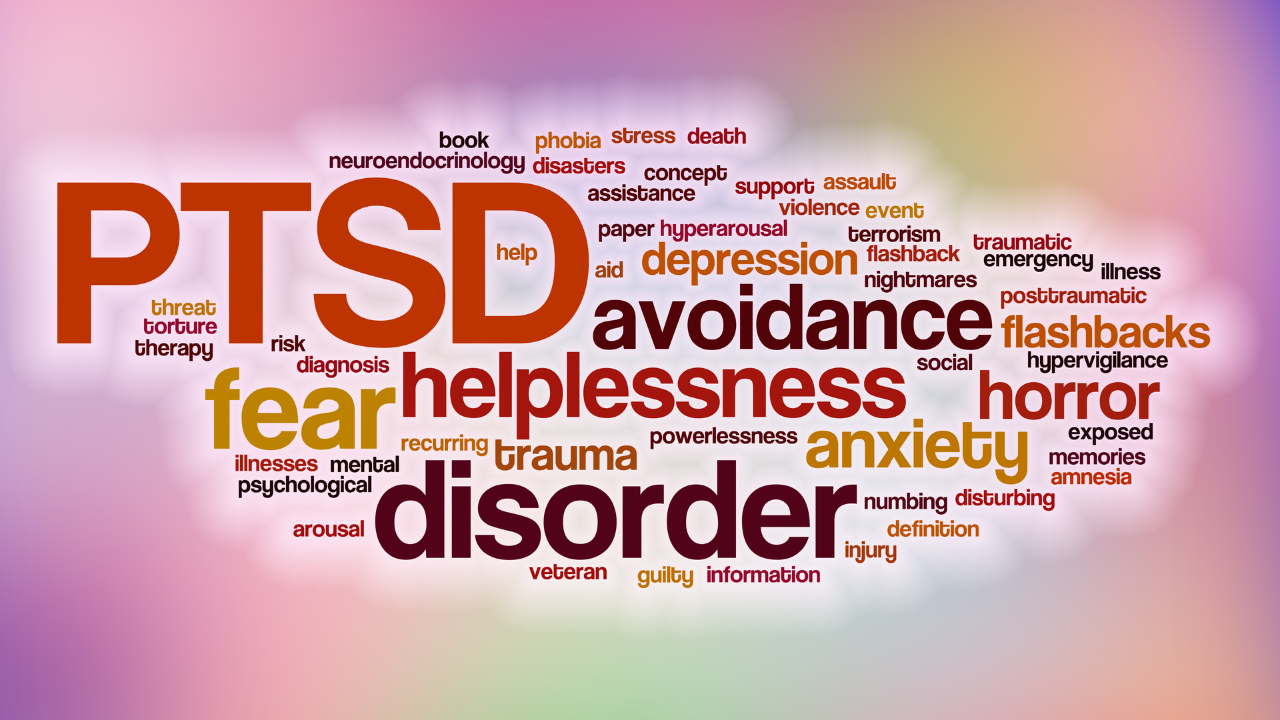The Power of a Smile
Something as simple as a smile can change your state of mind.
When our smiling muscles contract, they fire a signal back to the brain, stimulating our reward system, and further increasing our level of happy hormones, or endorphins.
In short, when our brain feels happy, we smile; when we smile, our brain feels happier.
Smiling releases endorphins, natural painkillers, and serotonin, three neurotransmitters that make us feel good from head to toe.
These natural chemicals elevate our mood, relax our body and reduce physical pain. Consider smiling a natural drug.
Smile. Just like changing your posture, smiling sends positive signals to your brain. It can even trick your mind into thinking you're feeling better than you actually are.
Smile at yourself in the mirror or make eye contact with the people around you.
Watch the video here:
Listen to the episode here:
From the book The Charisma Myth by Olivia Fox Cabane:
In her book The Charisma Myth Cabane describes body language and how it affects your overall state of mind.
She says: Try out the following postures to see for yourself just how powerfully the arrangement of your body can affect your mind and your feelings.
First, adopt the body language of someone who’s utterly depressed. Let your shoulders slump, your head hang, your face sag. Now, without moving a muscle, try to feel really, truly excited. Go ahead, and try to see if you can create any excitement without moving. It’s nearly impossible.
Now do the opposite. Physically spring into excitement. Jump up and down as if you’ve won the lottery, smile the biggest smile you can, wave your arms in the air, and while doing all this, try to feel depressed. Again, it’s nearly impossible.
Here are a few more physiological changes to play with: For confidence, assertiveness, and to be able to emanate gravitas, imagine playing the role of a military general—take a wide stance, puff up your chest, broaden your shoulders, stand straight, and confidently put your arms behind your back. Feel the effect of this posture internally.
For a boost in both energy and warmth, stand up, stretch your hands as high up as possible, inhale as much as you can—imagine your rib cage expanding, doubling in size—make the biggest smile you can and look upward, hold for a second, and then relax everything.
You can use these quick tools in pretty much any situation—anytime you’d like an internal-state change, whether just before an important business meeting or a social gathering.
What does smiling do to your body?
It is amazing to note that there is power in your smile. Smiling increases mood-enhancing hormones while decreasing stress-enhancing hormones, including cortisol, and adrenaline.
Smiling also reduces overall blood pressure. And because you typically smile when you're happy, the muscles used trigger your brain to produce more endorphins—the chemical that relieves pain and stress.
A smile shares hope, affection, and peace. A smile has the power to bring light in the darkness, bring positive energy in the day, reduce stress in life, and bring greater happiness to the world. One smile is all it takes.
Smiling reduces stress and makes you feel more positive. More to the point, researchers found that people who smile are often perceived as being younger than their actual age, while people who frown appear to be older than they really are.
So, turn that frown upside down and put on a happy face.
Frank Bettger and Smiling
Frank Bettger wrote the book How I Raised Myself from Failure to Success in Selling in the book he discussed enthusiasm.
While reading the next part I want you to think about your facial expressions and how they relate to your state of mind and aging.
Also, consider aging and the facial expressions you see on what you consider to be an “old” person.
Bettger tells the story of when he realized his face was continually in a frowning position, so he decided to change it.
Every morning, he would practice smiling a real, warm, genuine smile at himself in the mirror before heading to work. It wasn’t easy, and he had to make sure he came across as REAL – not plastic-like or fake.
He smiled even when he didn’t feel like it. Why? Because smiling makes people feel more comfortable with you and it shows you really care.
The smiling habit was only the beginning of acting more enthusiastic, however. Many people think that your emotions control your outward behavior, but the process can actually be reversed.
If you start to physically act more enthused, you’ll start to feel more enthused!
Conclusion Complex PTSD and smiling
In conclusion, I have to admit that while preparing for this article I was bombarded with triggers from my Complex PTSD.
My diagnosis came from years of psychological abuse that took place in childhood, during my marriage, and years afterward when my children were put through a severe custody battle at the hands of a man who had tons of money and did not (and would not) seek help for his mental illness.
It has been extremely hard for me to smile for the last few days.
The thing with PTSD triggers is they never go away. What does change is your response to them. But sometimes these triggers can get overwhelming and cause pain-staking anxiety. And grief and the stages of grief are part of life. And sometimes smiling is just not appropriate. This is OKAY!
The only cure for this is time and therapy and tons of self-care. It’s odd because smiling feels wrong in times like these. But I know there is power in the smile.
However, right now I am putting myself first and foremost. I practice kindness to myself.
I take time away from everything especially the triggers and they can be things that are fun and appear loving to others.
I make sure to spend lots of time enjoying ALL the things that make me feel good and get plenty of rest. That alone is a true smile for the soul.








Not all urgency is equal. In M&A and executive leadership, speed can protect enterprise value—or quietly erode it. Learn the critical difference between enterprise urgency and identity urgency, and how misdiagnosing pressure at the top leads to disengagement, stalled integration, and hidden human risk.
#MergersAndAcquisitions #LeadershipRisk #HumanRisk #ExecutiveLeadership #Integration #EnterpriseValue #BoardGovernance